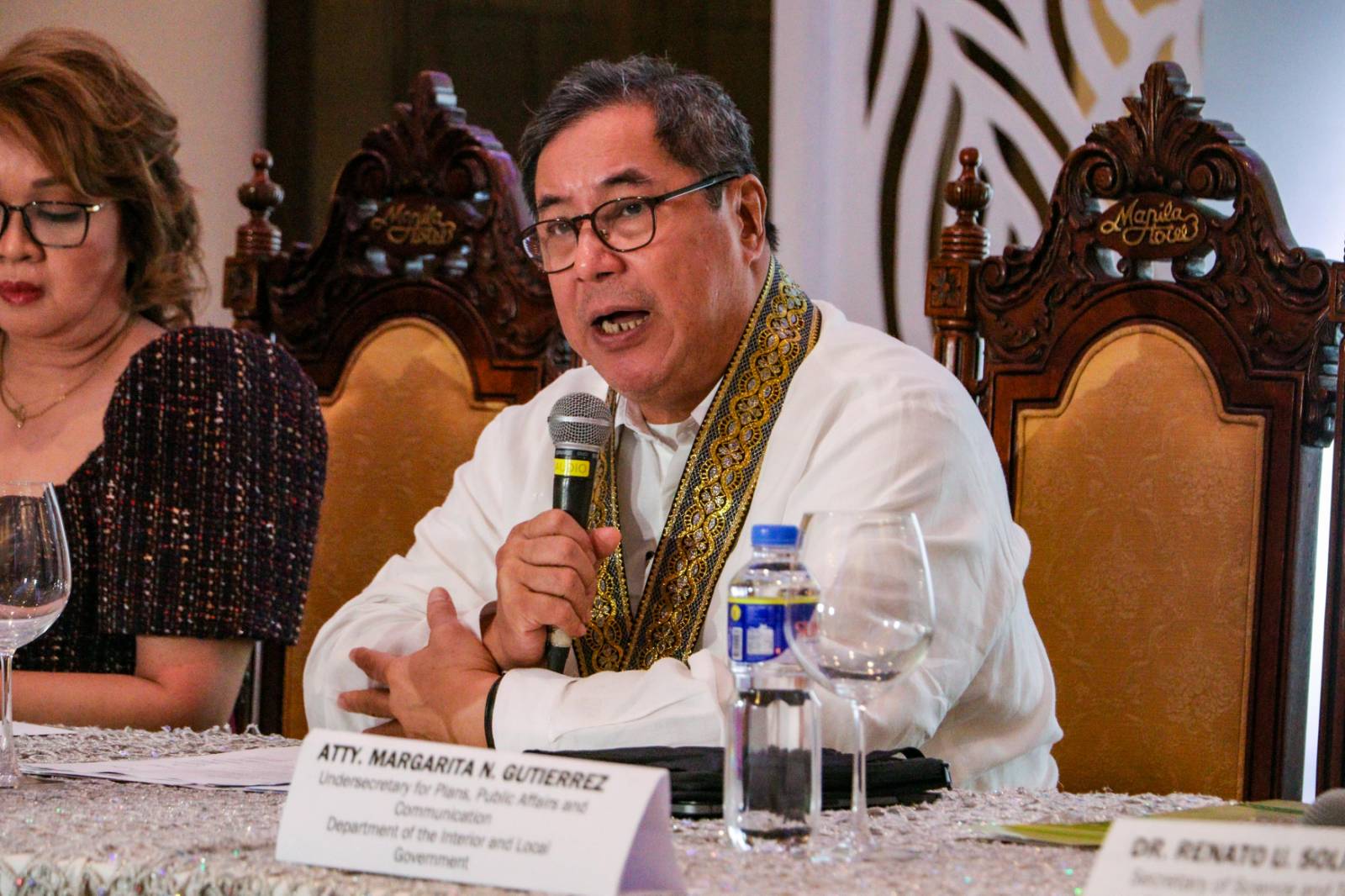DOH clarifies: PhilHealth offers health insurance, not pension
The Department of Health (DOH) on Friday, Dec. 20, clarified that the Philippine Health Insurance Corporation (PhilHealth) is a health insurance provider and not a pension program.

“I have been reading comments about the PhilHealth issue,” said DOH Secretary Teodoro J. Herbosa in a statement. “It seems many do not understand the difference between a pension and health insurance,” added the PhilHealth Chairman of the Board.
Health insurance vs. pension
“Pension insurance and health insurance serve distinct purposes, providing financial protection in different ways,” the DOH stated, highlighting the main differences between the two.
Regarding their primary objectives, the DOH noted that pension insurance provides a “steady income stream after retirement, ensuring financial stability and security during old age.” In contrast, health insurance “covers medical expenses, hospitalization, and other healthcare-related costs, protecting against financial strain due to illness or injury.”
Among the key features of pension insurance, the DOH noted that it is typically “offered by employers or purchased individually.”
Additionally, the DOH explained that in pension insurance, “contributions are made during working years,” and benefits are paid out after retirement, usually as a monthly annuity. “[It] often includes survivor benefits and lump-sum payments,” it added.
Health insurance, on the other hand, covers hospitalization, surgical procedures, doctor visits, and other medical services.
The DOH explained that health insurance “may offer additional benefits like dental, vision, and wellness programs.” Its premiums are also paid monthly or annually, and the benefits are “paid out when medical services are utilized.”
When it comes to eligibility and enrollment, the DOH pointed out that in pension insurance, eligibility is “often tied to employment or age,” while in health insurance, it is “generally available to individuals, families, or employees through group plans.”
In terms of benefit structure, the DOH stated that “benefits are typically based on salary, years of service, or contributions” in pension insurance. In health insurance, benefits are “determined by policy terms, coverage limits, and out-of-pocket expenses.”
The DOH explained that the two programs also differ in tax implications. In pension insurance, the DOH noted, contributions “may be tax-deductible; benefits are taxed as income.” In contrast, for health insurance, premiums “may be tax-deductible; benefits are generally tax-free.”
Lastly, the DOH highlighted that the purpose of pension insurance is to provide “long-term savings for retirement, ensuring income replacement.” Health insurance, meanwhile, offers “short-term financial protection against medical expenses.”
Fixing a ‘broken system’
The DOH underscored the importance of differentiating these two programs to improve public understanding.
“Please note that specific details may vary depending on the country, provider, or policy,” the DOH clarified.
In the Philippines, the DOH pointed out, the Social Security System (SSS) and Government Service Insurance System (GSIS) offer pension insurance.
“Health insurance is provided by the Philippine Health Insurance Corporation (PhilHealth) and private insurers,” the DOH added.
The DOH noted that the PhilHealth management—distinct from the Board of Directors—has “treated the PhilHealth funds like a pension fund.”
“That’s why their emphasis has been to protect the fund and resist paying the health benefits of its members!” Herbosa said. “We need to fix this broken system,” he added.